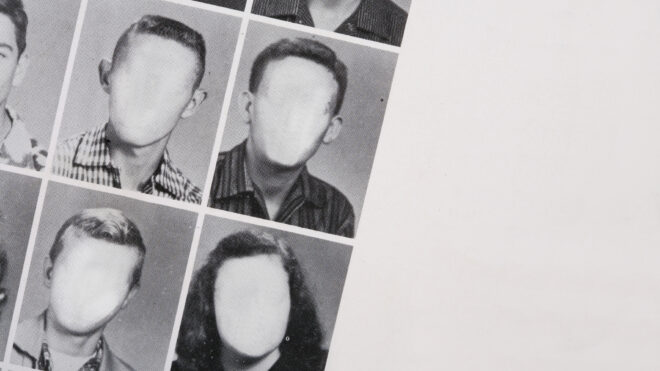
The autopsy results of a Kentucky newborn have been released after the baby was allegedly found dead in a trash bag in University of Kentucky cheerleader Laken Snelling’s closet. On September 3, 2025, the Fayette County Coroner’s Office in Lexington, Kentucky, shared in a news release that the autopsy was completed for the male newborn.
The findings were inconclusive, however, with the cause of death listed as “currently undetermined,” WLEX reported. In the report, the coroner noted that “extensive microscopic analyses are essential to determine the cause and manner of death.”
“This death effects many lives in our neighboring state of Tennessee and as well as those in the commonwealth,” the report reads. “We are currently conducting a thorough and methodical death investigation to ensure all facts are carefully considered.”
Now, the death investigation is “pending the results of these studies,” Fayette County Coroner Gary Ginn noted in the news release, per People.
Lexington Police Department officers responded on August 27 to a call about an unresponsive infant, according to a department news release. The newborn was allegedly “wrapped in a towel inside of a black trash bag” and declared dead at the scene. When questioned by officers, Snelling, 21, allegedly admitted to giving birth, cleaning up the evidence, and throwing it in a black trash bag.
Snelling was arrested on August 31 and charged with abuse of a corpse, tampering with physical evidence, and concealing the birth of an infant, according to the police department news release.
Following her arrest, Snelling was held at the Fayette County Detention Center. She appeared in court on September 2, and she pleaded not guilty, KBTX reported. The college student was released on a $100,000 bond that day and is on “home incarceration with no ankle monitor” at her parents’ home in Jefferson City, Tennessee, WLEX reported. A preliminary hearing is set for September 26.
A senior at the University of Kentucky, Snelling competed on the competitive cheer STUNT team for three years.




